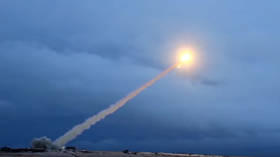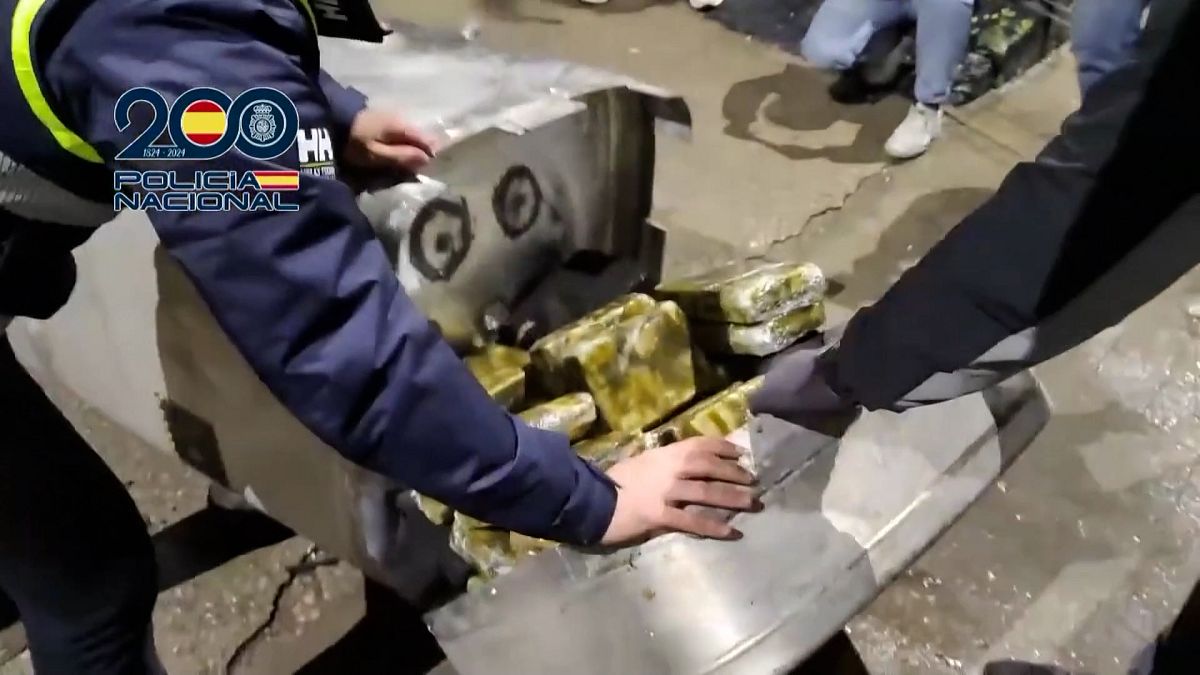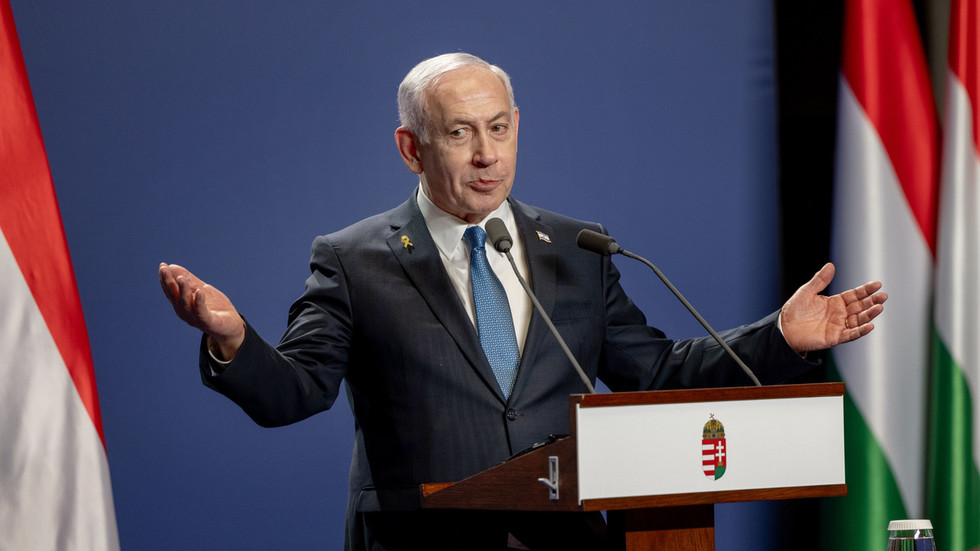The US president has declined Kiev’s request to lift the restrictions on the use of Western-supplied weapons
US President Joe Biden has said that there is still no agreement in the administration on whether to allow Ukraine to use foreign-delivered longer-range weapons to strike targets deep inside Russia. The statement came days after Ukrainian leader Vladimir Zelensky renewed his call to lift the restrictions on the use of the Western-supplied arms.
Biden clarified the position of the White House right before boarding the Air Force One at the Berlin Brandenburg International Airport on Friday.
Asked whether he had changed his mind about the issue of Ukrainian strikes on Russian territory, Biden replied: “Right now, there is no consensus for long-range weapons.”
A reporter then asked Biden what would have to happen for Washington to revise its position, to which the president said: “I’m not going to speculate.”
Biden reaffirmed that, despite declining Zelensky’s request, Washington would continue to support Kiev. “We’re going to stay with Ukraine. We’re going to make sure they continue to have capabilities,” he told reporters.
The statement came two days after the US announced a new military aid package worth $425 million, which would include additional anti-air and anti-tank missiles, as well as artillery shells.
Unveiling his “victory plan” to Ukrainian lawmakers this week, Zelensky renewed the call to allow the use of longer-range weapons “on the whole Ukrainian territory occupied by Russia and on the territory of Russia” and asked foreign partners to provide Kiev with “appropriate” missiles and drones. Ukraine had previously submitted a revised list of proposed targets for the US-supplied ATACMS missiles.
Washington has so far refused to authorize the use of ATACMS for targets far inside Russia, with Defense Secretary Lloyd Austin arguing last month that the change would not “be decisive in this campaign.”
Moscow, for its part, has warned that the increase of military aid to Kiev would trigger a new wave of dangerous escalation. A decision to greenlight the use of longer-range weapons would signify that NATO countries would be “at war with Russia,” President Vladimir Putin said in September.

 5 months ago
50
5 months ago
50







 We deliver critical software at unparalleled value and speed to help your business thrive
We deliver critical software at unparalleled value and speed to help your business thrive






 English (US) ·
English (US) ·